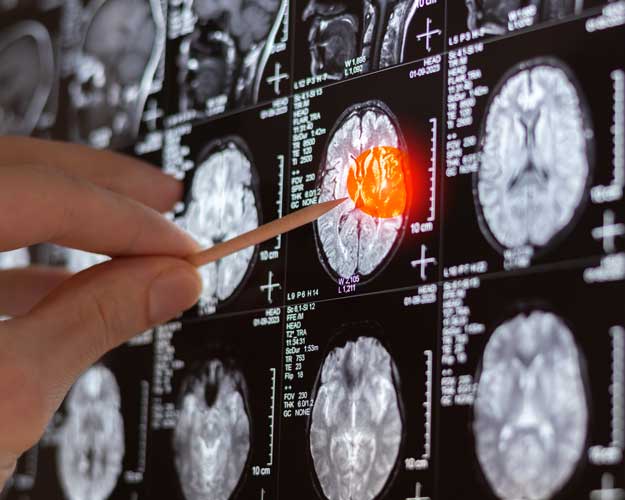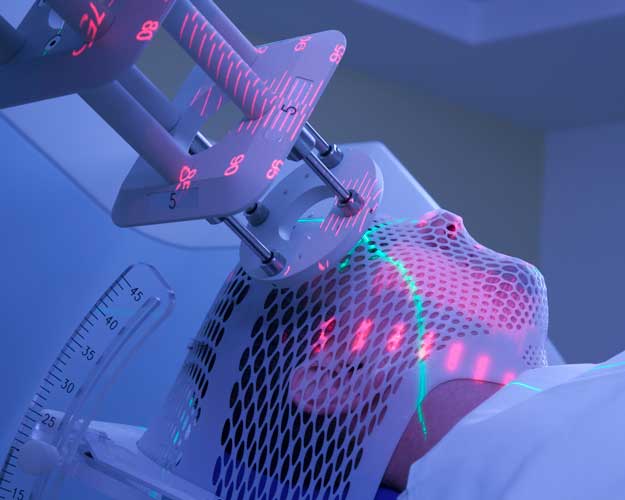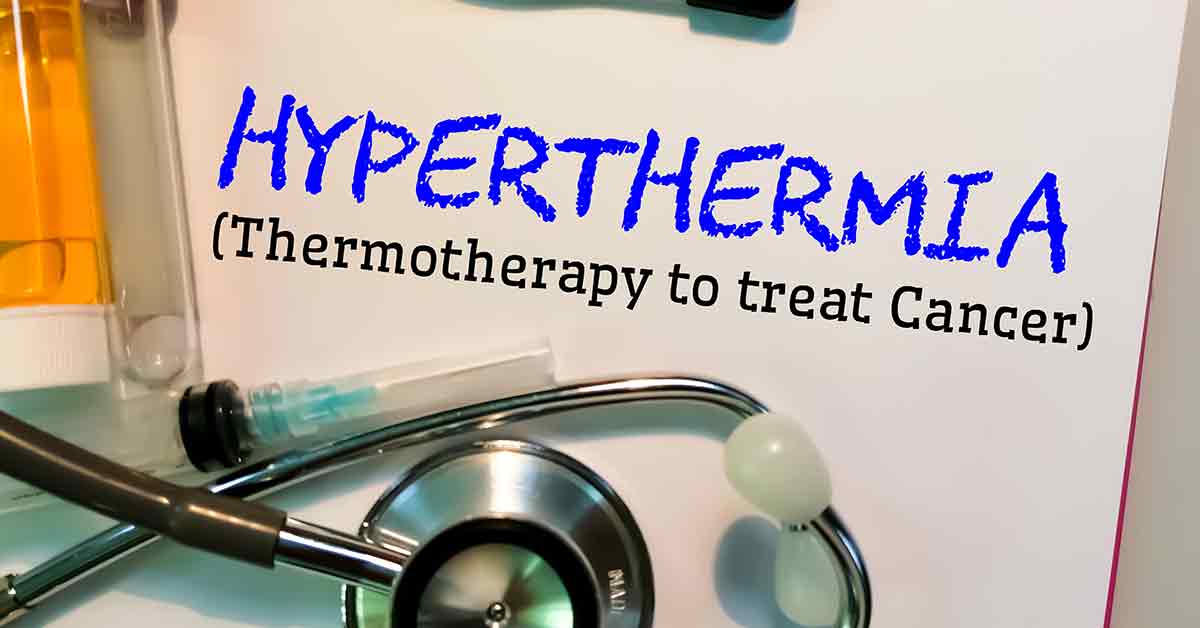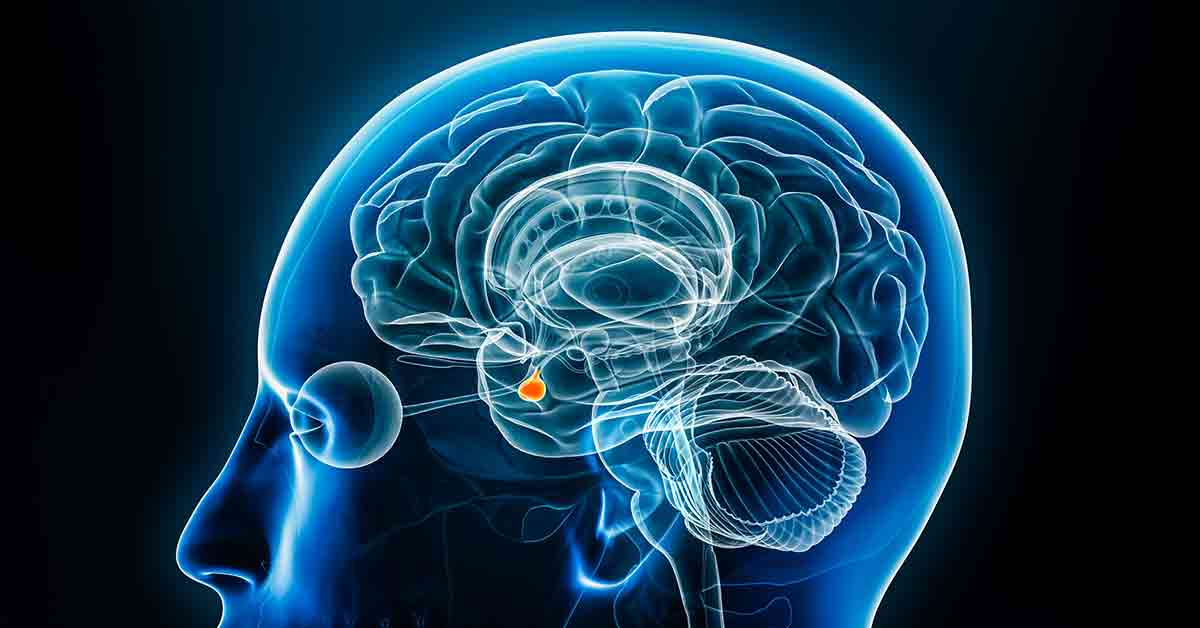Michael Bolton Reveals Battle with Rare & Aggressive Brain Cancer

Singer Michael Bolton publicly shared details about the “duel” he’s engaged in with glioblastoma, an aggressive and fast-growing type of brain cancer, in a recent interview with People magazine.
The 72-year-old, two-time Grammy winner underwent emergency surgery in December 2023 to remove a brain tumor, followed by a second brain surgery in January 2024 after developing an infection.
Glioblastoma, while considered rare, is the most common and aggressive form of primary brain cancer.
Brain tumors are abnormal growths of cells within the brain or the central spinal canal that can spread quickly. Glioblastoma accounts for about half of all malignant brain tumors. Approximately 24,820 new cases will be diagnosed this year in the U.S. according to American Cancer Society estimates. Although it can occur at any age in children and young adults, glioblastoma predominately affects older adults, most commonly between 65 and 75 years old.
Due to its aggressive nature and high likelihood of recurrence, glioblastoma remains one of the most difficult cancers to treat effectively. The prognosis remains poor, and survival rates are generally low (the overall five-year relative survival rate for glioblastoma is less than 7%). While younger people tend to have better outcomes, the prognosis depends on several factors, including age, overall health, tumor location and the patient’s response to treatment.
Treatment typically involves a combination of surgery and/or radiation therapy and chemotherapy. Because malignant tumors can infiltrate adjacent brain structures, complete surgical removal can be challenging.
Bolton revealed that he completed chemotherapy and radiation treatment last October. He undergoes regular MRI scans to monitor for any recurrence of the cancer; the most recent scan, in April 2025, was clear. He announced he has chosen not to receive a prognosis.

Ongoing clinical research is leading to the development of promising new therapies that are improving survival and treatment outcomes for patients with glioblastoma. Among them are new classes of anti-cancer drugs, CAR-T cell therapy, a form of immunotherapy that stimulates the body’s immune system to destroy cancer cells, gene therapy and magnetic resonance-guided focused ultrasound.
Michael Bolton compared his cancer journey to a duel, and like so many cancer survivors, he intends to keep going with purpose and passion. “I feel there’s still a lot to do on the fight side,” he said and, in fact, has already titled a new song: ‘Ain’t Going Down Without a Fight.’”
Contact Us
Facts About Glioblastoma
How long can you have glioblastoma before symptoms ?
Glioblastomas are fast-growing tumors. Symptoms often appear within a few months of the tumor’s development. However, in some cases it may take longer for symptoms to become noticeable. The exact period during which glioblastoma can be present without causing symptoms depends on factors such as the tumor’s growth rate, its location in the brain and individual differences in patients.
Is glioblastoma hereditary?
Glioblastoma is generally not considered hereditary. Most cases occur randomly, without a clear inherited pattern. However, a small percentage of cases may be associated with certain genetic syndromes that increase the risk of developing glioblastoma and other types of cancer.
What causes glioblastoma?
The exact causes of glioblastoma are not fully understood, but several factors are believed to contribute to its development. These include:
- Genetics: Changes in certain genes can lead to the uncontrolled growth of brain cells. Mutations in genes such as TP53, PTEN and EGFR are commonly associated with glioblastoma. Certain rare genetic conditions, such as neurofibromatosis type 1, Turcot syndrome, and Li-Fraumeni syndrome, can increase the risk of developing glioblastoma.
- Environmental factors: Exposure to ionizing radiation is a known risk factor. People who have undergone radiation therapy for other conditions, especially at a young age, have an increased risk of developing glioblastoma.
- Age: Glioblastoma is more common in older adults, with the risk increasing with age.
What are the symptoms of glioblastoma?
Symptoms can include headaches, memory problems, seizures or changes in personality. Headaches can be a symptom of brain cancer, but it’s important to note that most headaches are not caused by brain tumors.
Read on to learn when a headache might warrant further investigation.





Comments